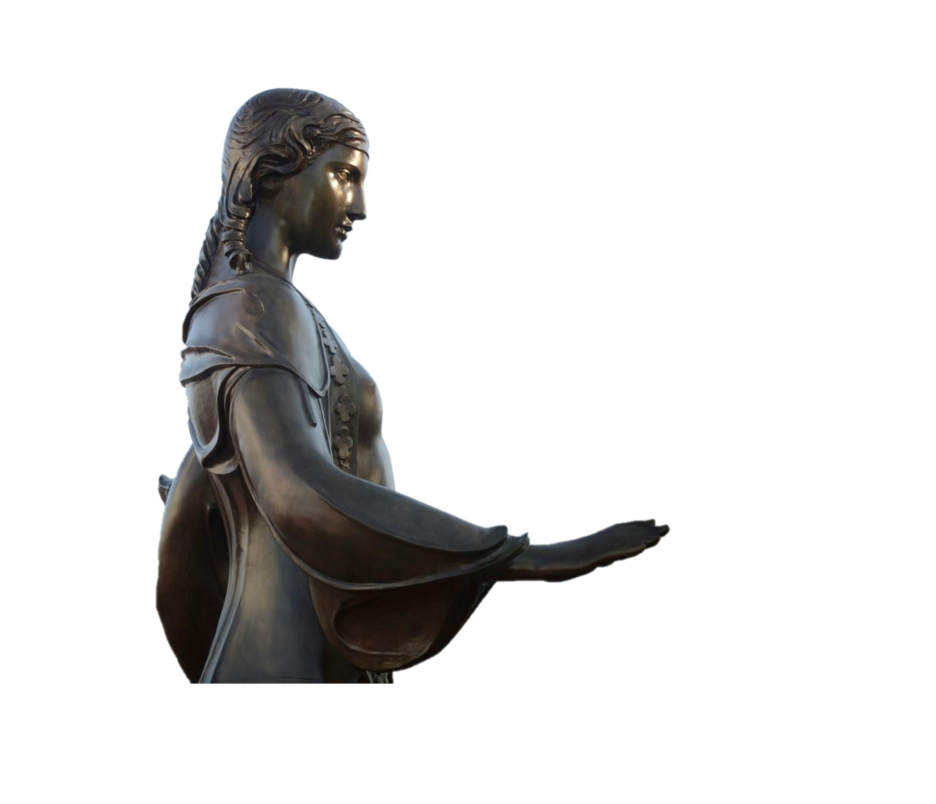
The Oversight Division of the Joint Committee on Legislative Research prepares fiscal notes on all bills pending before the General Assembly, conduct program evaluations of state agencies, including program evaluations involving budget transparency and accountability, perform sunset reviews and produce various annual reports such as the State Bonds & Evidence of Indebtedness Report.
Fiscal Notes (§23.150)
Chapter 23 of the Revised Statutes of Missouri requires the Oversight Division to prepare a fiscal note on each bill before action may be taken on it. The fiscal note must state:
The cost of the proposed legislation to the state;
Whether the proposal would establish a program or agency which would duplicate an existing program or agency;
Whether the provisions of the proposal were federally mandated;
Whether the proposal would have significant direct fiscal impact upon any political subdivision of the state;
Whether any new physical facilities would be required;
Whether the proposal would fiscally impact small businesses.
- the cost of the proposed legislation to the state;
- whether the proposal would establish a program or agency which would duplicate an existing program or agency;
- whether the provisions of the proposal were federally mandated;
- whether the proposal would have significant direct fiscal impact upon any political subdivision of the state;
- whether any new physical facilities would be required;
- whether the proposal would fiscally impact small businesses.
Oversight prepares new fiscal notes on bills and joint resolutions at the following points in the course of the legislative process:
Before the initial committee hearing on the proposal in its chamber of origin
Before a proposal reaches the top of the Bills for Perfection Calendar if the bill or joint resolution was amended or substituted by the committee to which it was assigned
Before a proposal reaches the top of the Bills for Third Reading Calendar (even if the bill or joint resolution is not amended on the floor, Oversight prepares a new fiscal note on the "Perfected" bill or joint resolution)
Before a proposal reaches the top of the Bills for Third Reading Calendar in the opposite chamber of the chamber of origin, if the committee to which the proposal was assigned in the "opposite" chamber amends or substitutes the proposal
Any time leadership refers a proposal to either the House Fiscal Review Committee or the Senate Committee on Fiscal Oversight for a hearing due to questions about the proposal's fiscal effects
Upon amendment on the floor of the "opposite" chamber and sent back to the "original" chamber for concurrence or on Conference Committee Reports (as time allows)
After a proposal is Truly Agreed to and Finally Passed
The process in preparing a fiscal note begins when the drafter in either Senate Research or House Research forwards a copy of the bill draft to Oversight with a request for fiscal note. Oversight reviews the draft and forwards a copy to all affected state agencies and local political subdivisions as required by statute. Once the agencies have reviewed the legislative draft and have determined what fiscal impact, if any, it will have upon their agency they respond to Oversight. Oversight compiles all agency responses and together with their own independent research, prepares a fiscal note stating the estimated fiscal impact to state government, local governments and small businesses.
The Oversight Division prepares approximately 2,200 fiscal notes during a regular legislative session.
Program Evaulations (§23.150)
To meet the demands for more responsive and cost effective state government, legislators often desire to obtain information regarding the status of state programs they have created and the expenditure of funds they have authorized. The Committee on Legislative Research, through the Oversight Division, can investigate and assess state agency performance in the implementation of laws and report the findings to the legislature.
The Oversight Division conducts its work in an independent manner utilizing trained professional staff. An evaluation generally includes examination of state agency records, interviews of agency staff, surveys of affected citizens, on-site observation of program operations and review of similar programs in other states. The objectives of the evaluation usually include determining efficiency, effectiveness and quality of the program. Questions regarding sufficient funding levels, appropriate spending practices and the need for extension of sunset dates can often be answered in the course of the evaluation.
In addition, recommendations are made to the legislature for changes that could be made to enhance the program or facilitate more efficient management of the program. The Division is assigned evaluations pursuant to a concurrent resolution of the General Assembly or a resolution adopted by the Committee on Legislative Research. Staff devote time to completing the work during the interim, between June and December. Reports are typically presented to the Committee on Legislative Research for review and release to the public upon completion.
Sunset Reviews (§23.250-23.298)
The Oversight Division is required to present to the General Assembly and the Governor a report on the programs scheduled to be sunset pursuant to the requirements in the stated sections. The report shall include:
- Its specific findings regarding each of the criteria prescribed by §23.268
- Its recommendations based on the matters prescribed by §23.271; and
- Any other information the committee deems necessary for the complete evaluation of the program.
Reports (§23.195)
The Oversight Division is required to produce an annual report of all state bonds or other evidences of bond indebtedness of all state agencies and of entities of the state given authority by law to incur indebtedness, whether or not the indebtedness is a liability of the state, including lease purchase agreements of at least ten thousand dollars for personal property which have been issued or entered into by the state of Missouri or by any state agency, authority or institution.